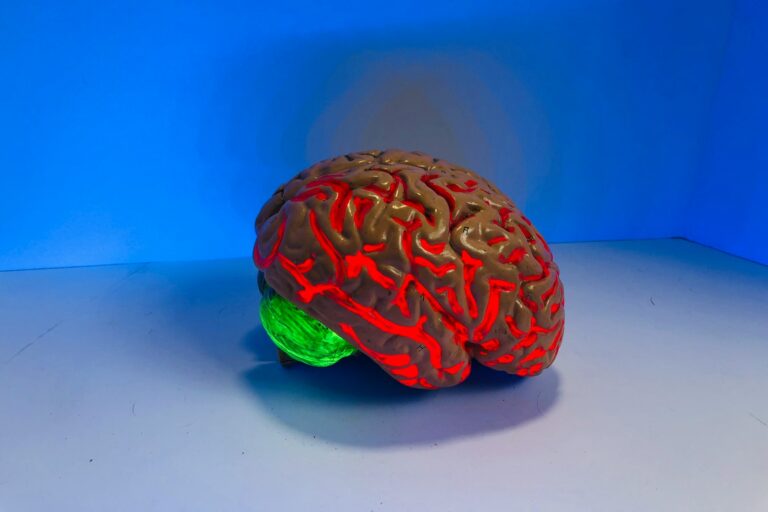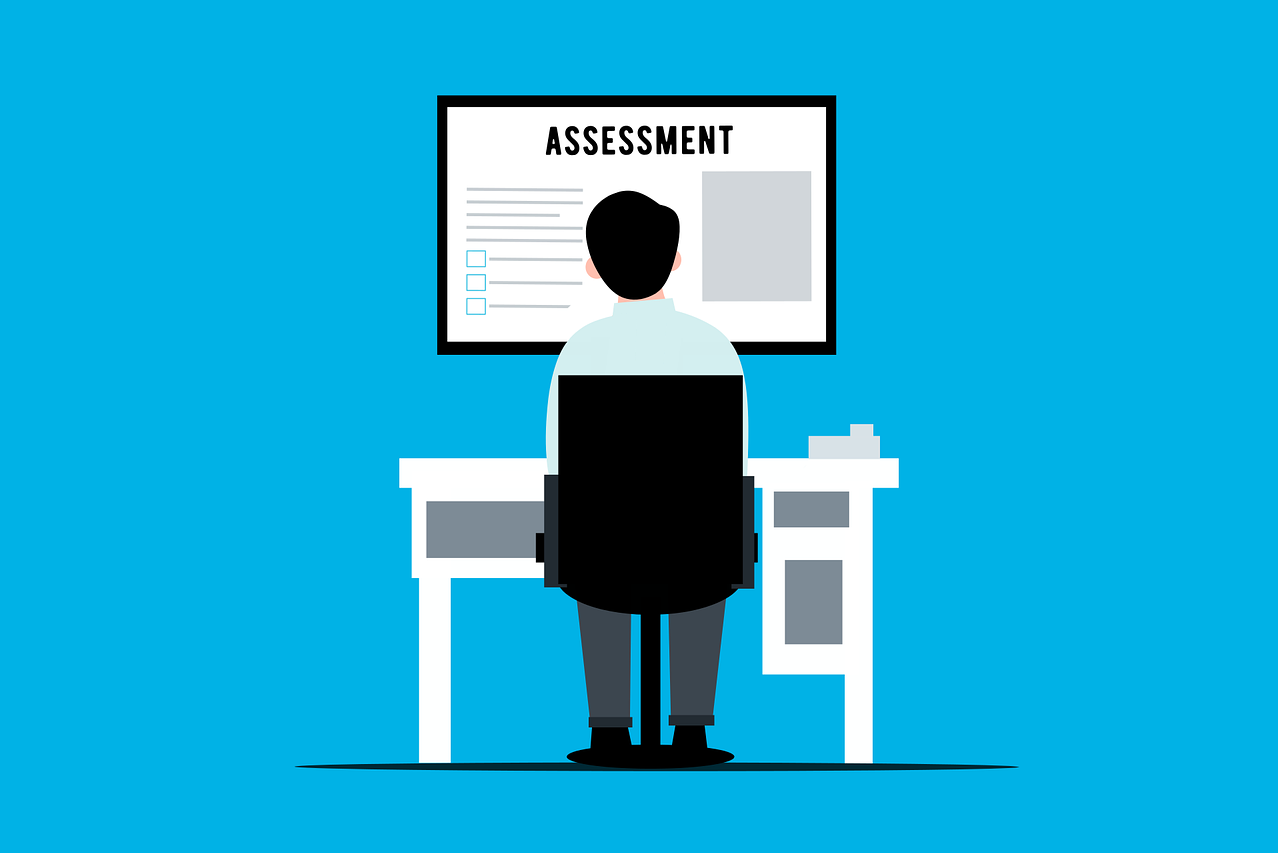
Trontinemab Speedily Clears Alzheimer’s Plaque
Trontinemab is a very exciting experimental drug, showing great promise in rapidly clearing Alzheimer’s amyloid plaques from the brains of affected individuals, with remarkably little side effects.

Trontinemab is a very exciting experimental drug, showing great promise in rapidly clearing Alzheimer’s amyloid plaques from the brains of affected individuals, with remarkably little side effects.

The first 3D-printed brain tissue that can grow and function like typical brain tissue is a major breakthrough for scientists in search of an Alzheimer’s cure.

Walk through the various steps that occur as a person participates in the Alzheimer’s Disease Neuroimaging Initiative (ADNI) project.

Researchers found the walls of the brain’s small arteries are also affected in Alzheimer’s, reducing blood flow. Learn about this new treatment target.

Find out how two biomarkers in saliva diagnose pain in dementia, effectively and non-invasively.

VIDEO+ARTICLE: Kenneth S. Kosik traced an Alzheimer’s gene mutation to a 16th century founder. See him solve this puzzle of the past and show why this can help the future.

Lecanemab, the newest Alzheimer’s drug, is getting a boost by focusing ultrasound waves on the blood-brain barrier. Learn more about this next step in delivering better Alzheimer’s treatments.

“It is exciting to see efficacy of potential new drugs for Dementia with Lewy Bodies, the most common dementia after Alzheimer’s. It is a huge area of unmet need,” said Dr. Marwan Sabbagh.

Hearing loss and dementia may be linked, but there is a silver lining here.

CLR01, a “molecular tweezer”, keeps brain proteins from the clumping, or aggregating, that causes Alzheimer’s, Parkinson’s and Huntington’s dementia. Find out why CLR01 has strong potential as a new treatment.

UCLA researchers found active people build 5% more gray matter in their brain. See how this prevents Alzheimer’s.

WellnessCheck is a brief, friendly assessment, designed to help you understand your current cognitive wellness. It takes about 3 minutes and covers memory, mood, and focus.

To get a definite diagnosis of Alzheimer’s requires an F18 brain scan, costing $3,000. Can the olfactory nerves’ ability to sense peanut butter offer an alternative Alzheimer’s test? It certainly seems accurate enough, at 1/1000th the cost!

Too much sleep and too little sleep can contribute to cognitive decline, researchers report. Learn more.

People with dementia who were consistently seen by the same General Practitioner (GP) are given fewer medicines and are less likely to be given medicines that can cause problems, according to researchers at University of Exeter. Learn more.

A deep promise to be there for an Alzheimer’s parent, this heartwarming song was written as a tribute to families facing dementia.

Amyloid is one of the leading culprits behind Alzheimer’s. Scientists know it damages memory by killing brain cells. Now research reveals how amyloid triggers memory loss in perfectly healthy brain cells as well. Learn more about how Alzheimer’s develops.
No spam, only news and updates.


